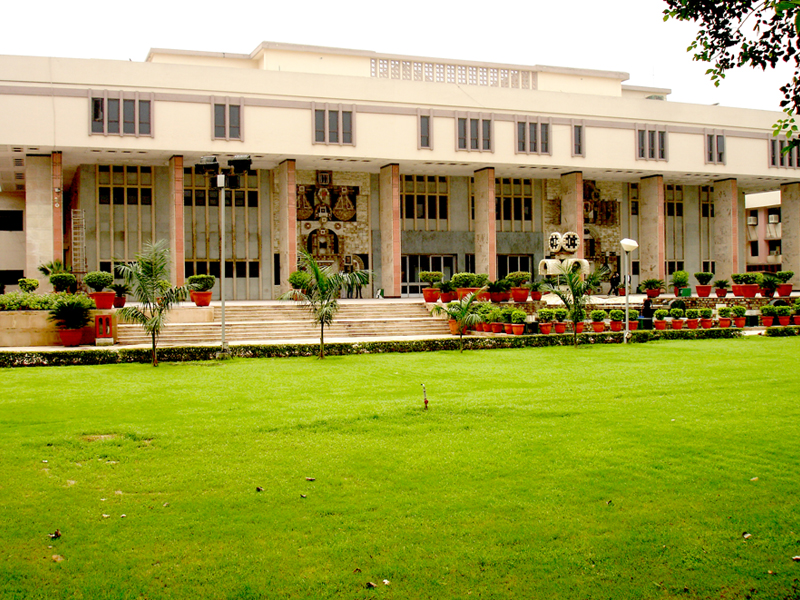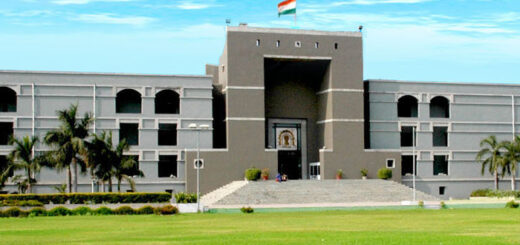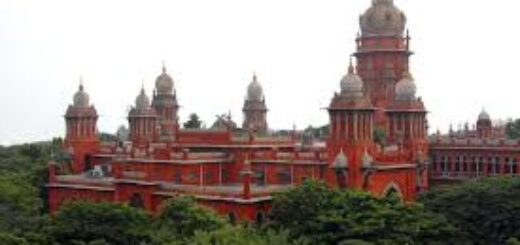The Delhi High Court stated that while Section 498A of the IPC is often misused, there are also real cases of harassment.

The Delhi High Court noted that while Section 498A of the IPC can be misused, it is important to recognize that real cases of harassment do occur. The Court was reviewing a petition to dismiss an FIR filed under Sections 498A/34 of the Indian Penal Code, 1860. Justice Amit Mahajan, in a single-bench ruling, remarked that courts have observed a growing trend of involving husbands and their families in marital disputes. Although Section 498A was created to address the harassment of married women, it is unfortunate that it is sometimes used to target husbands and their relatives for personal gain. Many cases are filed impulsively, often based on exaggerated or misinterpreted events, but this does not mean that true cases of harassment are absent. The Court acknowledged the serious issue of dowry-related greed, which leads to many victims facing severe mistreatment.
The Petitioner was represented by Advocate Sanchar Anand, while the Respondent was represented by Additional Public Prosecutor Manoj Pant. The FIR was filed by Respondent No. 2 against the Petitioner and his family, claiming harassment related to dowry demands and the return of her stridhan. It was alleged that shortly after the marriage, the Petitioner and his family, including his father, mother, and brother, began mocking Respondent No. 2, suggesting that despite the Petitioner earning ₹6 lakhs a month and having many marriage proposals, they chose her because they believed her father, a government officer, would elevate their status. Additionally, it was claimed that Respondent No. 2’s in-laws expected a Honda City car as a gift, while her father had not even provided a bike.
The petitioner and his family reportedly mocked Respondent No.2, claiming her father was greedy for not giving them gold, a bike, or a car. It is claimed that the complainant faced cruelty due to her father’s financial struggles, and the taunts and demands intensified over time. Despite her father’s attempts to seek help from the panchayat, Respondent No.2 was allegedly forced out of her marital home, and her mobile phone, three ATM cards, and jewelry were not returned. This ongoing mental and physical abuse is said to have led to Respondent No.2 suffering a miscarriage. In 2014, the petitioner visited her maternal home, attempting to obtain a divorce under the pretense of ending her suffering. It is also claimed that the petitioner and his father accused Respondent No.2 of being immoral and did not return her stridhan despite her repeated requests.
The petitioner’s lawyer argued that the petitioner was wrongfully accused in this case. He stated that the FIR and other complaints were filed by the complainant to cover up her infidelity. He mentioned that the couple separated after the petitioner discovered photos of the complainant with another man. They had agreed to a mutual divorce in front of a biradri panchayat, and later, they jointly filed a divorce petition. In that petition, it was clearly stated that the complainant had received all her stridhan back, and there was no mention of cruelty related to dowry demands.
He argued that the complainant retracted her consent, claiming the Petitioner tricked her into signing the divorce petition by saying it was just to appease his parents, but this reasoning is not believable. He noted that the divorce has been granted without the Petitioner’s presence due to claims of cruelty. He pointed out that the allegations in the FIR are vague and general, and continuing the case against the Petitioner would misuse the court’s process. He mentioned that the FIR does not specify any time, date, or location related to the allegations. Additionally, he stated that the complainant has not provided specific details about dowry items, meaning the charge under Section 498A of the IPC does not apply to the Petitioner. He highlighted that while the complainant accused both the Petitioner and his family, only the Petitioner was charged in this case. Conversely, the Counsel for Respondent No.2 argued that Respondent No.2 retracted her consent for the divorce because the Petitioner misled her into signing the joint petition under false pretenses. He claimed that the joint petition should not be used against Respondent No.2. He also stated that the granting of the divorce does not impact the validity of the current FIR. He asserted that Respondent No.2 has made clear accusations against the Petitioner, and there is no reason to dismiss the FIR.
The Court began by referencing the Supreme Court’s decision in State of Haryana v. Bhajan Lal, which outlined specific situations where inherent jurisdiction can be used to stop misuse of legal processes and ensure justice. The Court stated, “If it is found that the proceedings are clearly frivolous or intended to cause trouble, this Court should examine the FIR carefully. The High Court can consider the circumstances from the case records and interpret the details. If the claims are unreasonable and it seems that Section 498A of the IPC is being misused, the Court can intervene under Section 482 of the CrPC.”
The Court noted that the current FIR was filed several years after the petitioner sought a divorce due to cruelty. It referred to Achin Gupta v. State of Haryana: 2024, where the complainant filed an FIR almost two years after the husband had filed for divorce. This delay suggested that the FIR was meant to harass the husband and his family. The Court pointed out that in this case, there was no explanation for the complainant’s silence and lack of action for over three years after leaving her marital home. “A quick look at the FIR reveals that similar broad allegations are made against the petitioner and his family. However, it is important to note that the charge-sheet only includes the petitioner and not his family members, who are listed under column 12,” the Court remarked.
The Court noted that there was no evidence against the Petitioner’s family members. It agreed with the Petitioner that the allegations seemed to be a reaction to the divorce petition. The Court emphasized that while Section 498A IPC can be misused, there are still real cases of harassment. Therefore, the Petition was granted.
Cause Title: Ajay vs. State & Anr. (2025:DHC:746)
Appearances:
Petitioner: Advocate Sanchar Anand
Respondent: Additional Public Prosecutor Manoj Pant, Advocate Anurag Sharma









